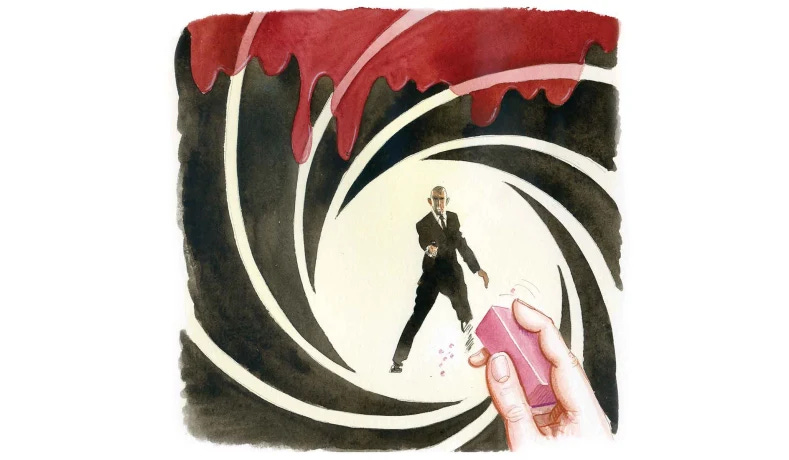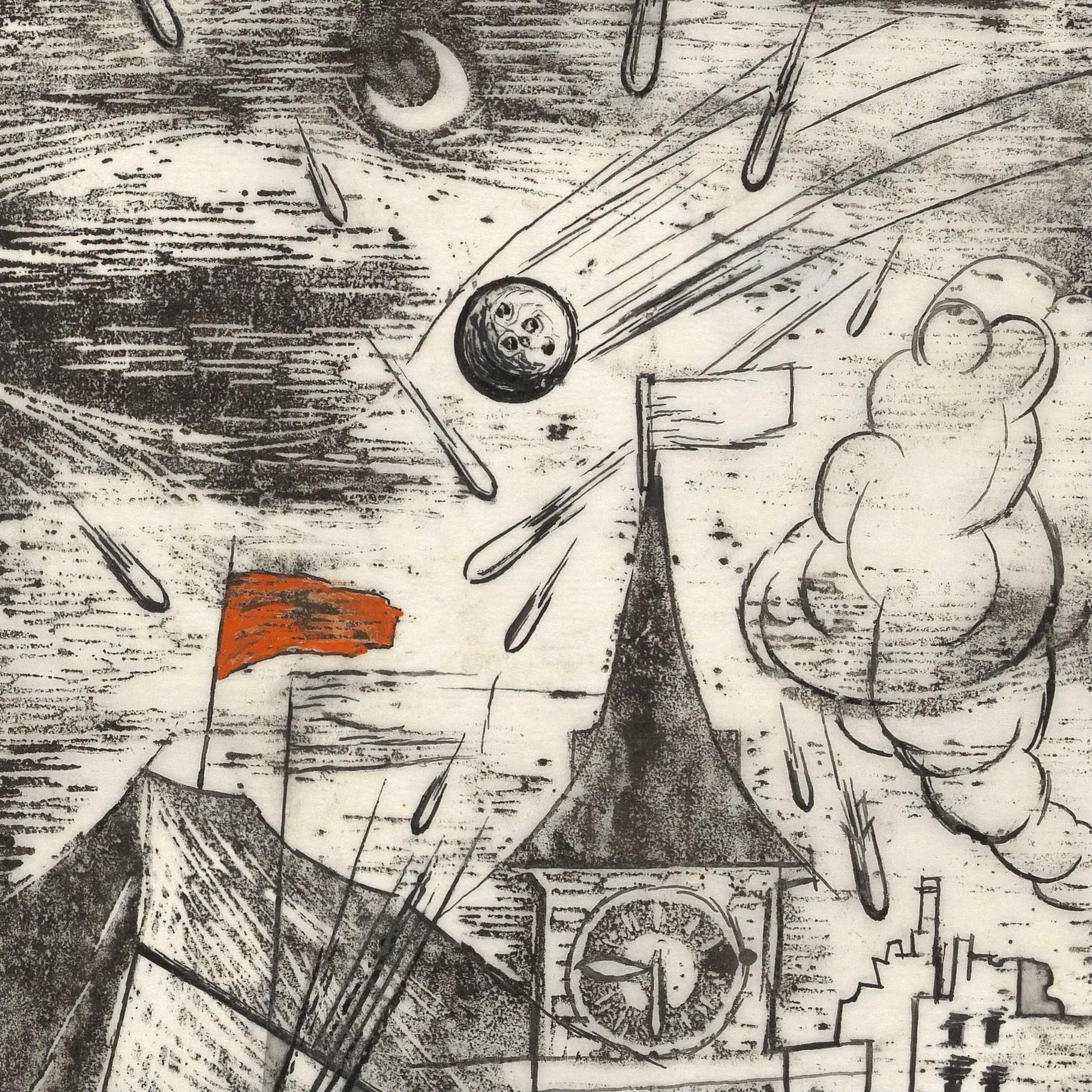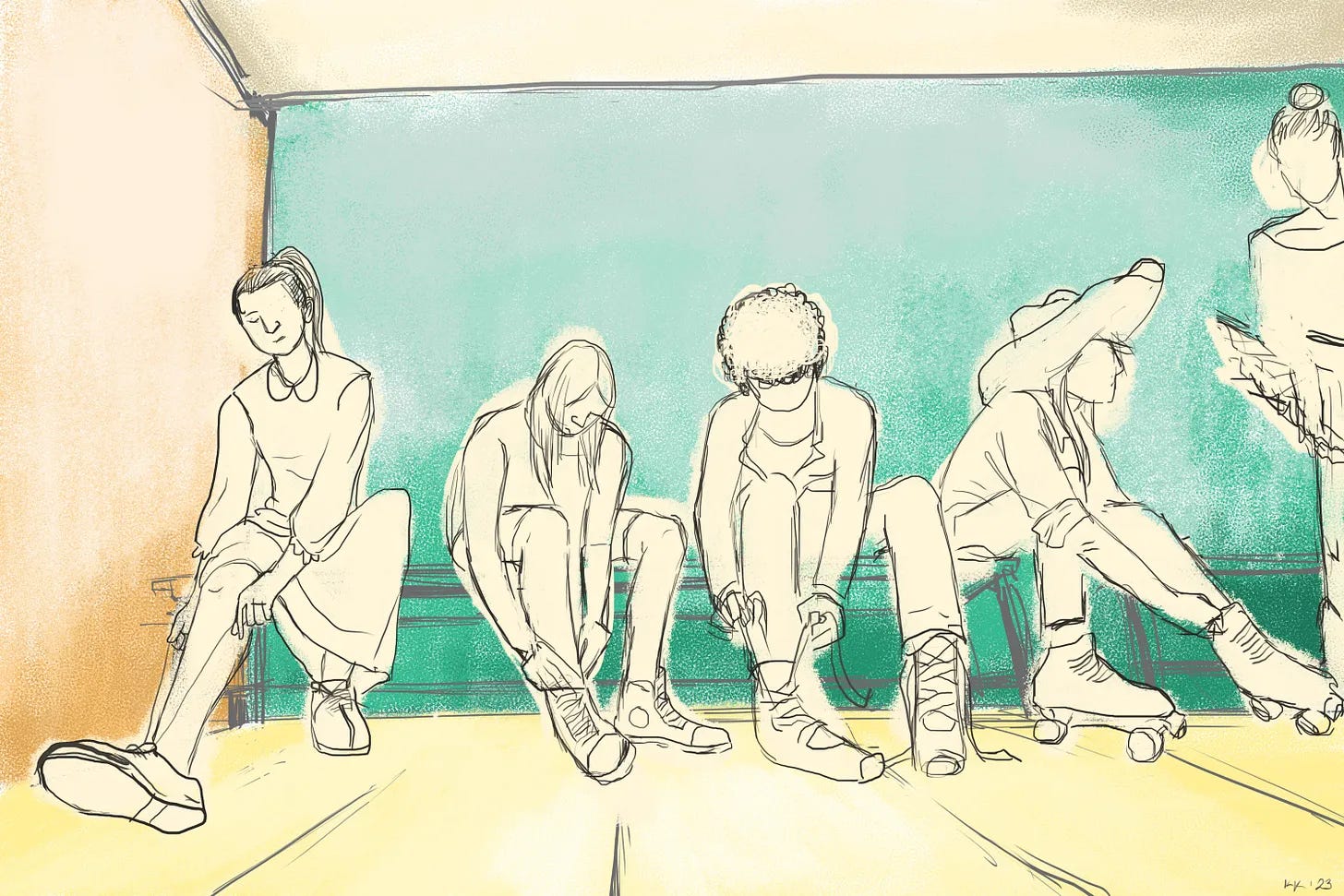Understanding the ACT: Race Divides Us, Aspirations Unite Us
For FAIR’s Substack, Frederick R. Prete uses the example of the ACT to show the problems with using contemporary racial categories to divide students into groups.
Ironically, despite the fact that most academics consider human racial categories to be socially constructed, they continue to use them enthusiastically as if they represented well-defined, homogeneous groups of people. Think of the controversies over college admissions, disparities in academic achievement, or ethnic studies curricula.
The problems with grouping students in terms of contemporary racial categories are most evident — and most instructive — in how we interpret their academic performance, especially on standardized tests like the ACT. I’ve argued (here, here, and here) that racial categories are virtually useless in explaining student performance differences because the categories are largely arbitrary, often contrived, and always confounded by self-reporting biases and socio-economics. Nonetheless, a race-based narrative continues to dominate our discussions despite the fact that thinking in those terms perpetuates a host of inaccurate, deleterious stereotypes.
Sensitivity Readers Are Distorting the Pages of the Past
For National Review, FAIR Advisor Douglas Murray writes about his concerns around sensitivity readers and the consequences of rewriting the past to appease modern-day sensibilities.
But while the latest hullabaloo is not about something new, it is still revealing. For today’s re-edits of these authors do two notable things. The first is that they reveal the obsessions of our day. They emphasize our current belief that we must not be offended — or at least that we must not be offended by certain things. Those things are (sing it, you know the refrain) anything that runs contrary to our current era’s particular views on race, gender, and, to a lesser extent, “appearance-shaming.”
Of course the second thing that such posthumous re-editing does is to rob us of an appreciation of what the past was actually like — and of how it was different from the present. People held different views then. One of the joys of the Bond books, as opposed to the films, is that Bond is a much more unpleasant character in them: far more Flashman than Pierce Brosnan. So it is with various rather surprising references to race in works such as the novels of Agatha Christie. Some years ago, I was on a London Underground train reading one of the rip-roaring John Buchan novels starring Richard Hannay. Suddenly, I stumbled upon a line so racist that I actually gasped and shut the book for a second, fearing (I suppose) that someone might be reading over my shoulder and wonder what type of person would be reading such a thing. I came to my senses of course and finished the rip-roaring work.
The Case Against Consensus
For the Wisdom of Crowds, FAIR Advisor Shadi Hamid writes about why he thinks polarization is not always a bad thing.
If there can be such a thing as too much consensus, can there also be too little of it? Yes. While polarization is not precisely the opposite of consensus, it does suggest its absence. If consensus is overrated, then presumably polarization is underrated. Of course, some forms of polarization are best avoided (and exhausting), but polarization, for all its faults, is a tonic for complacency, providing the evidence that a democracy is, well, democratic. Passionate disagreement—and the political divisiveness that often results—is the beating heart of a free society. At this stage in the history of the democratic idea, there’s simply no point in denying this. Democracy is messy and unwieldy, just as it should be. After all, a certain kind of chaos is precisely what allows for wildly contrasting views to be considered. And sometimes, even “bad” ideas should be considered in good faith.
Empathy, and then what?
For her Substack, The Faction, FAIR in the Arts Fellow Kimi Katiti publishes an essay written by Gabriel Ashton Brown about empathy.
We're all familiar with the saying "put yourself in someone else's shoes" and its meaning: to understand someone, you must view the world from their perspective. It's the best way we can empathize with others on a uniquely human level, recognizing that there is no way to actually experience the life of someone other than ourselves.
The way I’ve made sense of it, my mothers little love notes are the next step of this saying (pun intended). My mother was not being bullied, but she could see how I was and learn about my experience. And then, with that understanding, she took actions to empower me. She understood me well enough to know how to help me.
And that's the key. What you do once you've put yourself in someone else's shoes.
After attempting to understand, how does your approach differ? It can be difficult to empathize with those we love, so it must be a battle to empathize with those we distrust. But that doesn't mean we shouldn't try.
Why My New Novel About Racial Conflict Ran Into Trouble
For the Wall Street Journal, Richard North Patterson writes about how today’s identity politics has led many in the publishing industry to insist that writers can only tell stories about people like themselves, and why he believes that’s bad for fiction and for our democracy.
But the issue isn’t really my book or me—I’ve had a long, productive career and have no wish to be the aggrieved white guy decrying so-called reverse discrimination. The core question applies to anyone who dares to write fiction: Should empathy and imagination be allowed to cross the lines of racial identity? This goes to the heart of what kind of literature we want, and what kind of society we aspire to be.
People are free to dislike any book on whatever basis they choose. But to repress books based principally on authorial identity is illiberal, intolerant, ignorant of the ways of creativity and inimical to the spirit of a pluralist democracy. As the scholar Henry Louis Gates, Jr., has admonished: “Social identities can connect us in multiple and overlapping ways; they are not protected but betrayed when we turn them into silos with sentries. The freedom to write can thrive only if we protect the freedom to read—and to learn.”
FAIR News Podcast
For audio versions of our FAIR News and FAIR Weekly Roundup newsletters, subscribe and listen to FAIR News Weekly on Apple Podcasts, Spotify, Google Podcasts, or via RSS feed.
Join the FAIR Community
Become a FAIR volunteer or to join a FAIR chapter.
Join a Welcome to FAIR Zoom information session to learn more about our mission, or watch a previously recorded session in the Members section of www.fairforall.org.
Take the Pro-Human Pledge and help promote a common culture based on fairness, understanding, and humanity.
Support FAIR and the pro-human movement with a tax-deductible donation.
Share your reviews and inform our legal team of incidents on our FAIR Transparency website.











First, the sensitivity revisions, the reruns and remakes with each race and culture, the dumbing down of anything and everything makes me nervous for the future. Those who do not learn from nor understand history are doomed to repeat it, and we are making sure no one knows the difference between the past and the present.
Lastly, the piece about the author not being published based on his immutable characteristics, rather than his talent and ability to understand people in a respectful way, going so far as to listen to their lived experiences, not only deprives us of good stories and good characters, it does a disservice to those people he spoke with who may not be writers but would have been represented. We are segregating at a rapid pace, and I think this will set us back years and decades.